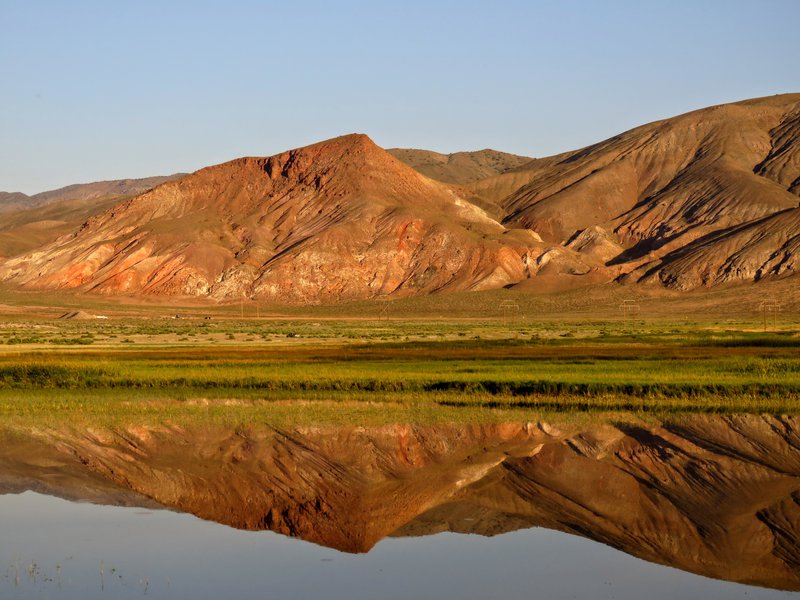For Immediate Release, December 16, 2021
|
Contact: |
Patrick Donnelly, Center for Biological Diversity, (702) 483-0449, pdonnelly@biologicaldiversity.org |
Lawsuit Filed to Stop Geothermal Project From Destroying Nevada Springs
Rushed Federal Approval Threatens Sacred Site, Rare Toad
RENO, Nev.— The Fallon Paiute-Shoshone Tribe and Center for Biological Diversity sued the U.S. Bureau of Land Management Wednesday over its approval of the Dixie Meadows geothermal energy project, which could dry up nearby springs and harm an extremely rare amphibian, the Dixie Valley toad.
Dixie Meadows, a verdant desert oasis formed by springs in central Nevada, is an enormous wetland ecosystem and a sacred site for the Tribe. It is also home to the Dixie Valley toad, found nowhere else on Earth.
Geothermal energy has been shown to dry up or alter nearby surface water sources. This happened recently, just a few dozen miles away from Dixie Meadows, on a project from the same developer also approved by the BLM.
“We strongly support renewable energy when it’s in the right place, but a project like this that threatens sacred sites and endangered species is definitely the wrong place,” said Patrick Donnelly, Nevada state director at the Center. “The BLM’s inadequate analysis of this project and its potential harms endangers the future of this beautiful wetland and the creatures and people who depend on it.”
For generations the Fallon Paiute-Shoshone Tribe has used the hot springs at Dixie Meadows, called Paumu, for healing and medicinal purposes. The springs are sacred in their undisturbed state. Allowing the project to move forward would irreversibly damage the Tribe’s connection to its culture and history, and risks consequences to the Tribe from the Creator.
"The United States has repeatedly promised to honor and protect indigenous sacred sites, but then the BLM approved a major construction project nearly on top of our most sacred hot springs. It just feels like more empty words,” said Fallon Paiute-Shoshone Tribal Chairwoman Cathi Tuni. “This location has long been recognized as being of vital significant to the Tribe. There are geothermal plants elsewhere in Dixie Valley and the Great Basin that we have not opposed, but construction of this plant would build industrial power plants right next to a sacred place of healing and reflection, and risks damaging the water in the springs forever. We have a duty to protect the hot springs and its surroundings, and we will do so.”
The Dixie Valley toad was described as a distinct species in 2017, around the time the geothermal project was first proposed.
Recognizing the existential threat the project posed, the Center submitted a petition to the U.S. Fish and Wildlife Service to protect the toad under the Endangered Species Act. In 2018 it received a positive initial finding but has since languished. The Center sued to try to speed along the final endangered species determination.
Documents obtained by the Center through the Freedom of Information Act show that other government agencies, including the Fish and Wildlife Service and the Nevada Department of Wildlife, expressed significant concern to BLM officials about the geothermal project. Government hydrologists warned of the potential for the springs to dry up, harming the toad and the rest of the wildlife that live there.
“The BLM rammed through approval of this project over the objections of government scientists and a tribal nation,” said Donnelly. “We’re asking a judge to right those wrongs, save Dixie Meadows for the spiritual and cultural traditions of the Tribe, and preserve biodiversity.”

The Center for Biological Diversity is a national, nonprofit conservation organization with more than 1.7 million members and online activists dedicated to the protection of endangered species and wild places.

